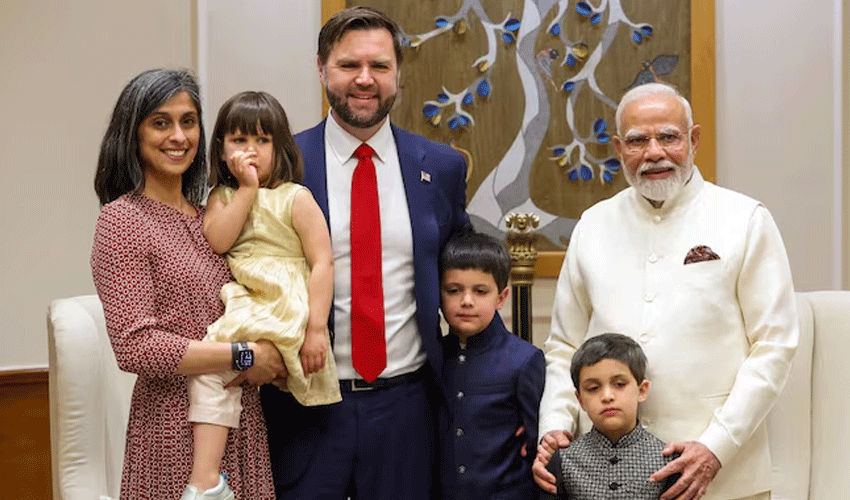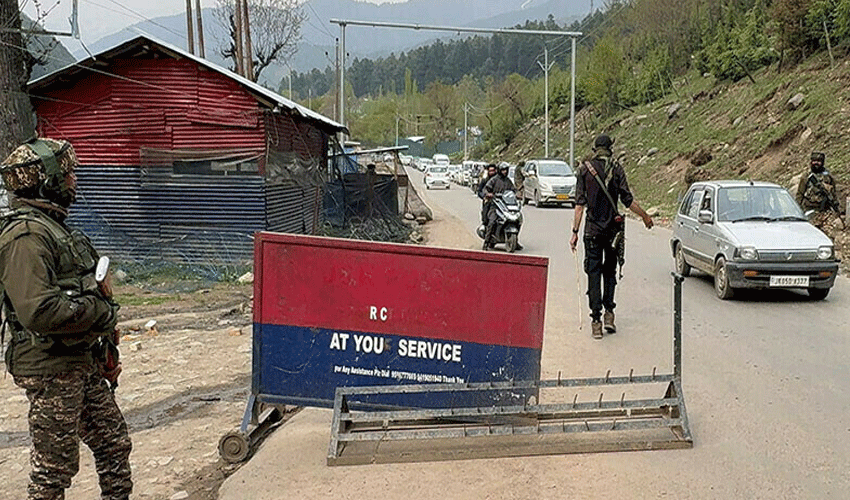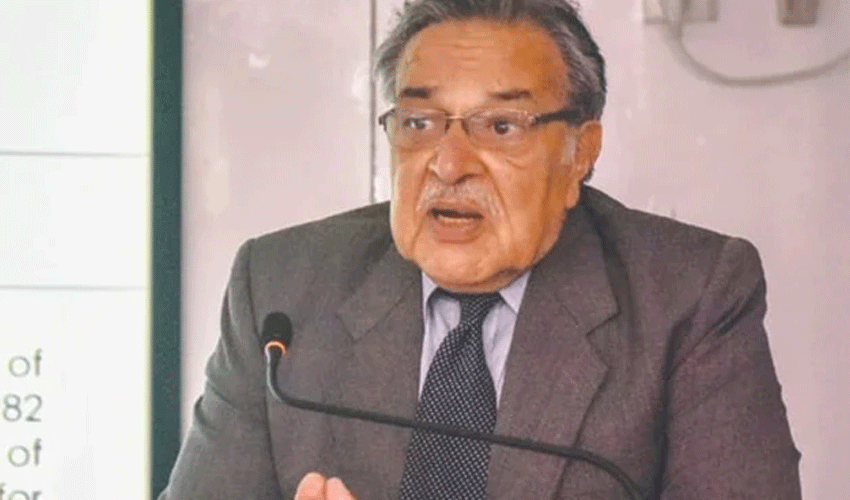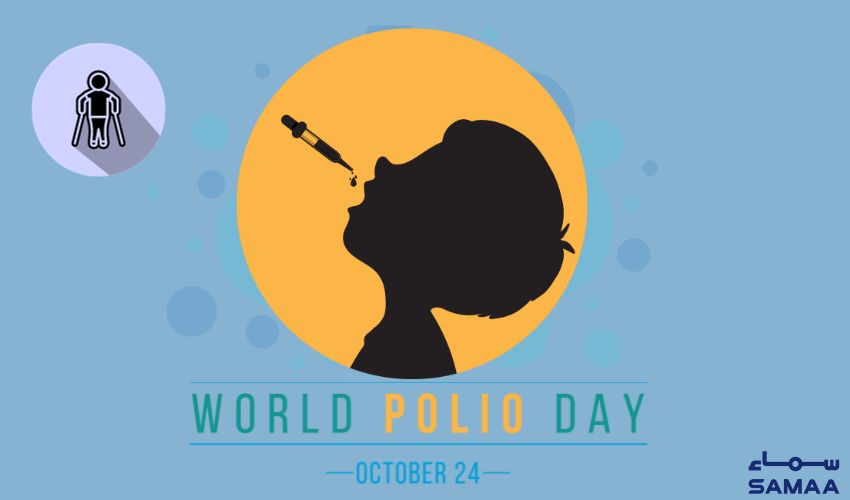Russian President Vladimir Putin on Monday expressed openness to direct negotiations with Ukraine, in what observers see as a potentially significant development in efforts to end the two-year-old war, though scepticism remains on both sides.
Speaking to Russian state television, President Putin said he had a “positive attitude towards any peace initiatives,” and added that he hoped Kyiv would “feel the same way.”
His remarks came following Ukraine’s proposal for a 30-day halt in strikes on civilian infrastructure, a move welcomed cautiously in Moscow.
The Kremlin, through spokesman Dmitry Peskov, clarified that the president’s remarks were indeed an overture towards bilateral dialogue, a rare suggestion since the collapse of early talks in the wake of Russia’s February 2022 invasion of Ukraine.
“When the president said that it was possible to discuss the issue of not striking civilian targets, including bilaterally, the president had in mind negotiations and discussions with the Ukrainian side,” Peskov was quoted as saying by Interfax news agency.
Ukrainian President Volodymyr Zelenskyy, while not responding directly to Putin’s statement, appeared to leave the door open. In his nightly address, he reiterated Ukraine’s willingness to engage in dialogue over any ceasefire that protects civilians, saying, “We are ready for any conversation that brings peace and safety to our people.”
On Sunday, Zelenskyy had floated the idea of an extended ceasefire lasting at least 30 days, specifically calling for a pause in the use of long-range drones and missile attacks on civilian targets. He restated that proposal on Monday, urging Moscow to provide a “clear answer” on whether it would refrain from targeting civilian infrastructure.
President Putin, for his part, questioned the viability of the ceasefire plan, alleging that Ukrainian forces were using civilian buildings, including restaurants and universities, for military purposes. “We will analyse everything and take the corresponding decisions,” he said, hinting at a cautious approach.
The development comes amid increasing pressure from the United States, where President Donald Trump has warned of withdrawing American efforts to mediate unless tangible progress is achieved. Nevertheless, Trump on Monday appeared optimistic, suggesting that a deal could be “within reach” and possibly concluded within the week.
In a continuation of diplomatic efforts, negotiators from the US, Ukraine, the UK, and France are expected to convene in London on Wednesday for a fresh round of discussions. These follow a previous meeting in Paris last week, where French Foreign Minister Jean-Noel Barrot disclosed that European allies had clearly communicated their concerns to Washington.
Speaking to francinfo radio, Barrot questioned the sincerity of the recent 30-hour Easter truce, suggesting it may have been a public relations manoeuvre by the Kremlin, possibly aimed at mollifying Washington’s growing impatience.
On the battlefield, however, there was little sign of respite. Ukraine’s air force reported that Russia launched 54 drones in overnight attacks on Tuesday, further straining Ukraine’s air defences. Meanwhile, Russian state media claimed the recapture of the Gornal St Nicholas Belogorsky Monastery — reportedly one of the last Ukrainian strongholds in the contested Kursk region.
While the signals of diplomacy have raised hopes, analysts warn that deep-rooted mistrust, divergent objectives, and active fighting on the ground continue to complicate the path toward a lasting ceasefire.



























